- Browse
- Cyrptography
Results for "cyrptography"
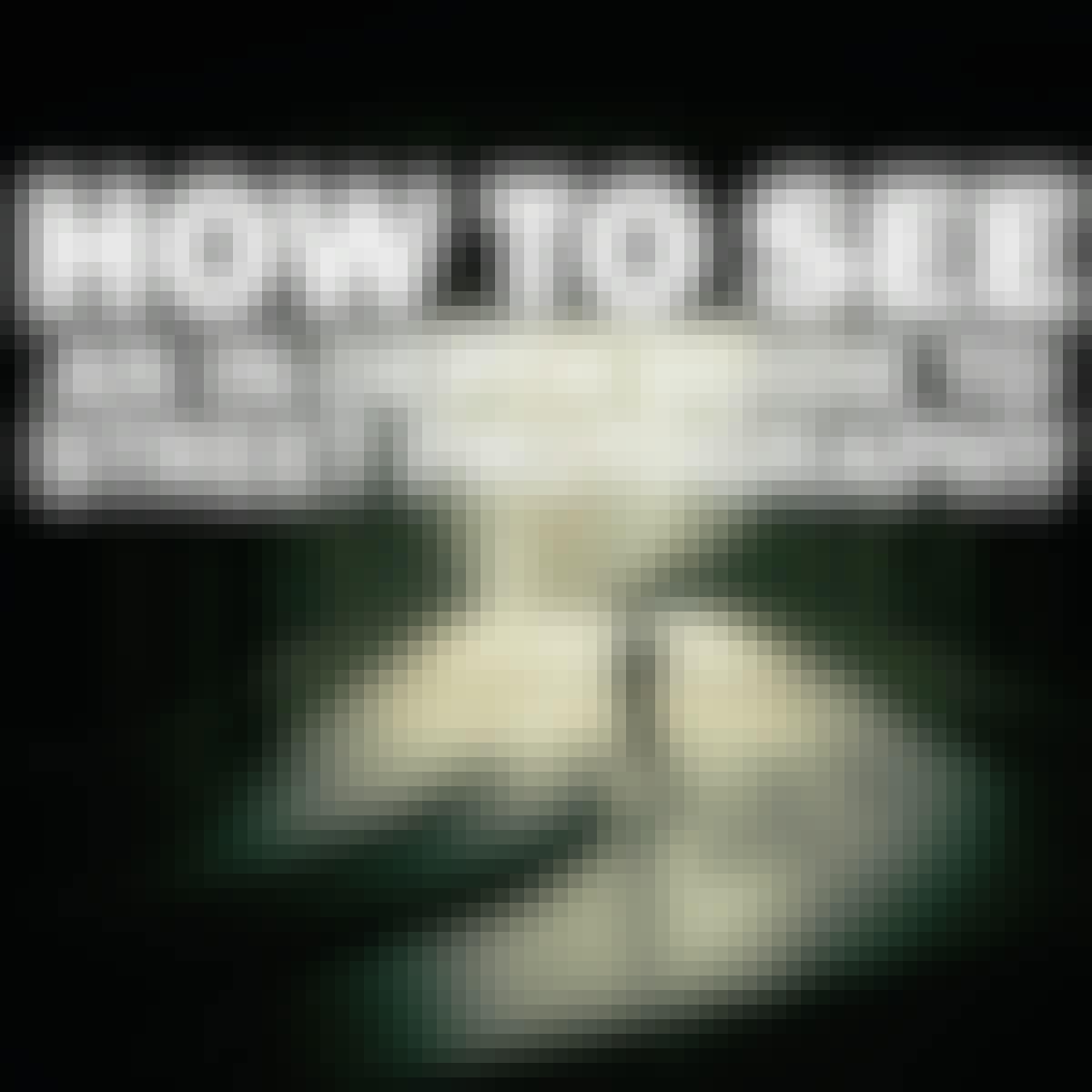 Status: Free TrialFree TrialS
Status: Free TrialFree TrialSSkillshare
Skills you'll gain: Photography, Photo Editing, Post-Production, Creativity, Lifelong Learning, Photo/Video Production and Technology, Adobe Photoshop, Growth Mindedness, Creative Thinking, Storytelling, Aesthetics, Self-Awareness, Personal Development, Ethical Standards And Conduct, Persistence, Curiosity, Resilience, Overcoming Obstacles, Decision Making, Patience
4.6·Rating, 4.6 out of 5 stars7 reviewsBeginner · Specialization · 3 - 6 Months
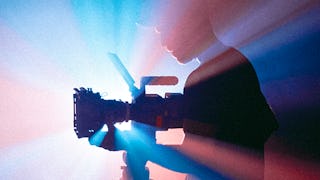 Status: NewNewStatus: Free TrialFree TrialS
Status: NewNewStatus: Free TrialFree TrialSSkillshare
Skills you'll gain: Color Matching, Video Production, Cinematography, Photography, Video Editing, Collaborative Software, Post-Production, Image Quality, Videography, Color Theory, Editing, File Management
Beginner · Specialization · 3 - 6 Months
 Status: NewNewStatus: Free TrialFree TrialC
Status: NewNewStatus: Free TrialFree TrialCCoursera
Skills you'll gain: File Management, Document Management, Document Control, Authorization (Computing), Auditing, Records Management, Compliance Auditing, Organizational Skills, Version Control, Procurement, Project Documentation, Data Governance, Vendor Contracts
Beginner · Course · 1 - 4 Weeks
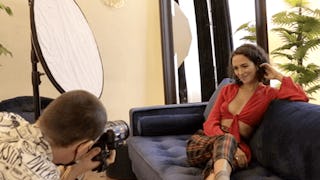 Status: NewNewStatus: Free TrialFree TrialS
Status: NewNewStatus: Free TrialFree TrialSSkillshare
Skills you'll gain: Photo Editing, Photography, Adobe Photoshop, Image Quality, Photo/Video Production and Technology, Storytelling, Content Creation, Adobe Creative Cloud, Creativity, Editing, Color Theory
2.8·Rating, 2.8 out of 5 stars6 reviewsBeginner · Specialization · 1 - 3 Months
 Status: NewNewStatus: Free TrialFree TrialS
Status: NewNewStatus: Free TrialFree TrialSSkillshare
Skills you'll gain: Video Editing, Video Production, Videography, Photo/Video Production and Technology, Cinematography, Photography, Storytelling, Design Reviews, Post-Production, Peer Review, Creativity
Intermediate · Specialization · 1 - 3 Months
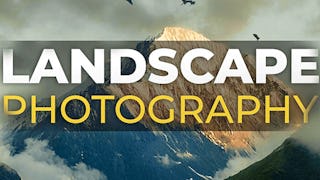 Status: NewNewStatus: Free TrialFree TrialS
Status: NewNewStatus: Free TrialFree TrialSSkillshare
Skills you'll gain: Photography, Photo Editing, Photo/Video Production and Technology, Storytelling, Landscape Architecture, Geographic Information Systems, Global Positioning Systems, Creativity, Planning, Research, Timelines, Creative Thinking, Adobe Creative Cloud, Design Elements And Principles, Aesthetics, Critical Thinking
Beginner · Specialization · 3 - 6 Months
What brings you to Coursera today?
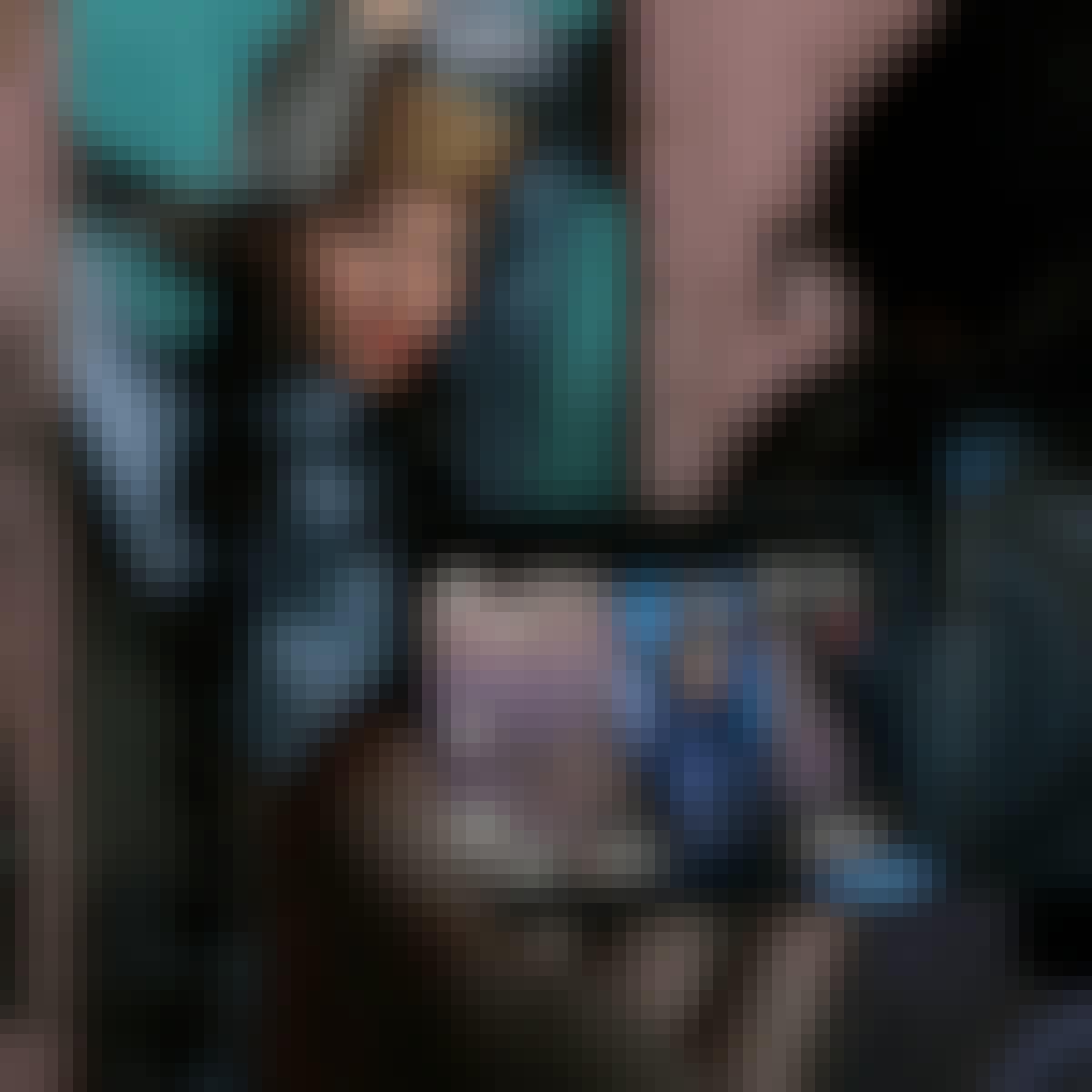 Status: NewNewStatus: Free TrialFree TrialS
Status: NewNewStatus: Free TrialFree TrialSSkillshare
Skills you'll gain: Cinematography, Videography, Video Production, Photo/Video Production and Technology, Photography, Post-Production, Storyboarding, Storytelling, Creativity, Podcasting, Content Creation, Image Quality, Music
Beginner · Specialization · 3 - 6 Months
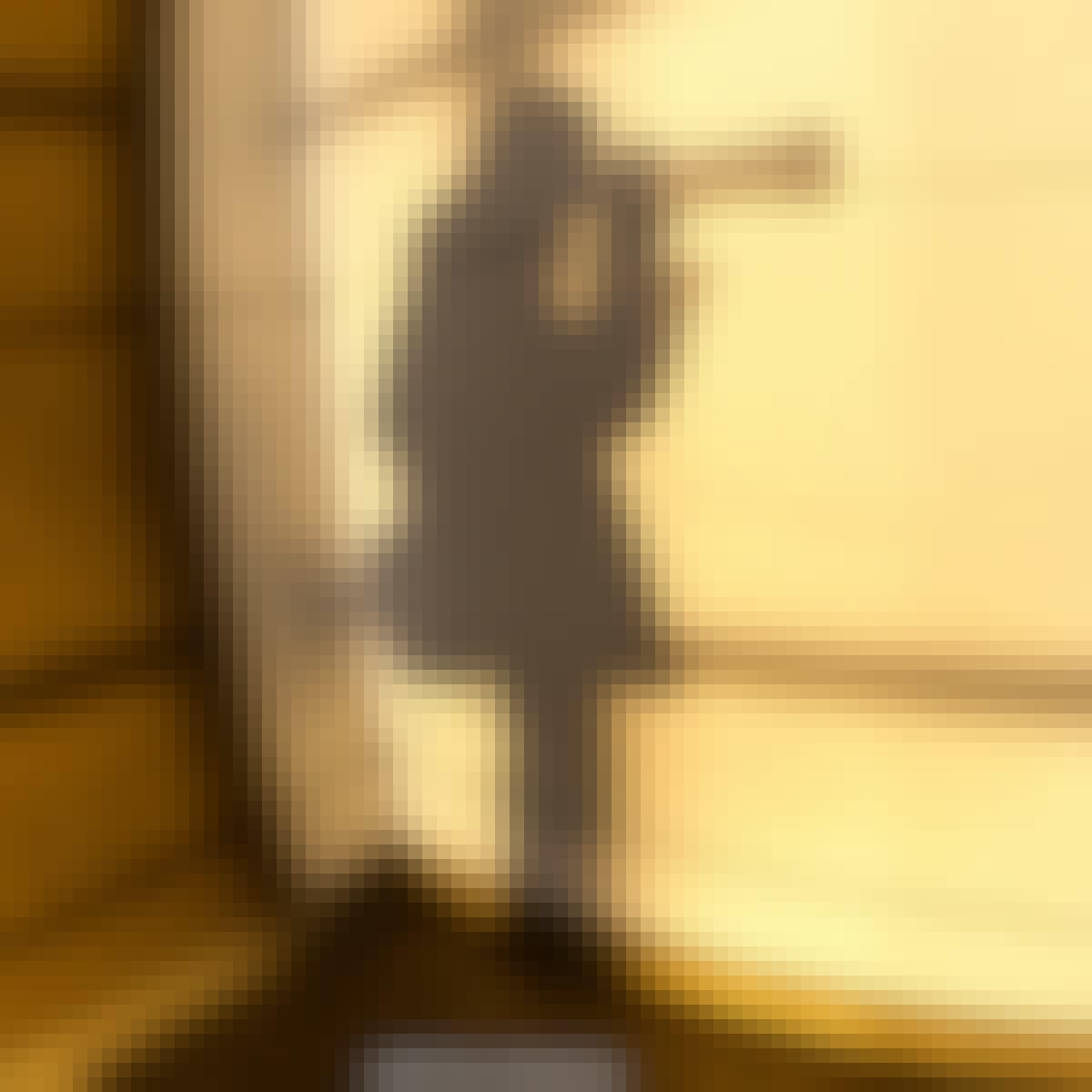 Status: Free TrialFree TrialM
Status: Free TrialFree TrialMMichigan State University
Skills you'll gain: Design Elements And Principles, Photography, Photo Editing, Peer Review, Creative Design, Graphic and Visual Design, Photo/Video Production and Technology, Image Quality, File Management, Creativity, Storytelling, Digital Publishing, Social Media, Content Creation, Copywriting, Information Privacy, Writing, Web Design and Development
4.7·Rating, 4.7 out of 5 stars6.7K reviewsBeginner · Specialization · 3 - 6 Months
 Status: NewNewStatus: Free TrialFree Trial
Status: NewNewStatus: Free TrialFree TrialSkills you'll gain: Photo Editing, Photography, Adobe Photoshop, Storytelling, Photo/Video Production and Technology, Landscape Architecture, Geographic Information Systems, Image Quality, Global Positioning Systems, Planning, Research, Adobe Creative Cloud, Timelines, Creative Thinking, Creativity, Design Elements And Principles, Color Theory, Critical Thinking, Editing
3.4·Rating, 3.4 out of 5 stars9 reviewsBeginner · Specialization · 3 - 6 Months
 Status: Free TrialFree TrialS
Status: Free TrialFree TrialSSkillshare
Skills you'll gain: Creative Design, Creativity, Computer Graphic Techniques, Graphics Software, Peer Review, Digital Design, Design Elements And Principles, Graphical Tools, Storytelling, Technical Drawing, Color Theory
4.6·Rating, 4.6 out of 5 stars9 reviewsBeginner · Specialization · 1 - 3 Months
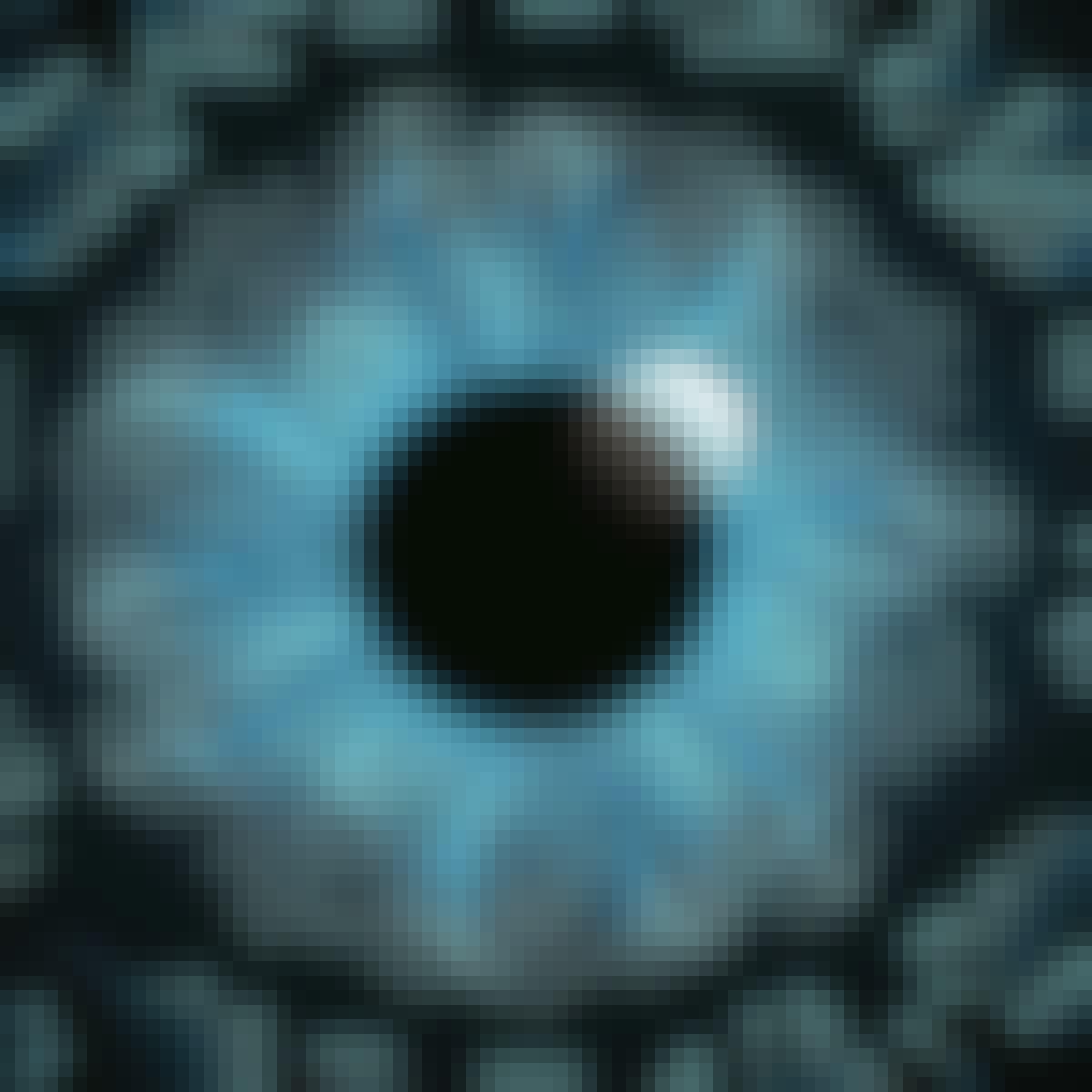 Status: Free TrialFree TrialC
Status: Free TrialFree TrialCColumbia University
Skills you'll gain: Computer Vision, Image Quality, Image Analysis, Computer Graphics, 3D Modeling, Photography, Virtual Reality, Visualization (Computer Graphics), Medical Imaging, Artificial Neural Networks, Unsupervised Learning, Graph Theory, Dimensionality Reduction, Mathematical Modeling, Estimation, Machine Learning Algorithms, Color Theory, Algorithms, Automation Engineering, Electronic Components
4.7·Rating, 4.7 out of 5 stars236 reviewsBeginner · Specialization · 3 - 6 Months
 Status: NewNewStatus: Free TrialFree TrialC
Status: NewNewStatus: Free TrialFree TrialCCalifornia Institute of the Arts
Skills you'll gain: Adobe Premiere, Peer Review, Cinematography, Video Editing, Videography, Video Production, Post-Production, Storyboarding, Photo/Video Production and Technology, Editing, Creativity, Media Production, Visual Design, Graphic and Visual Design, Design Elements And Principles, Storytelling, Creative Design, Content Creation, Graphic and Visual Design Software, Personal Development
4.8·Rating, 4.8 out of 5 stars19 reviewsBeginner · Specialization · 3 - 6 Months
In summary, here are 10 of our most popular cyrptography courses
- Street Photography: Skillshare
- Color Grading: Beginner to Intermediate: Skillshare
- Procurement Document Control: Coursera
- Portrait Photography: Skillshare
- Advanced Videography: Skillshare
- Landscape Photography: Skillshare
- Learn Cinematography: Skillshare
- Photography Basics and Beyond: From Smartphone to DSLR: Michigan State University
- Master Photography & Affinity Photo Techniques: Skillshare
- Kickstart Your Creativity with Procreate: Skillshare










